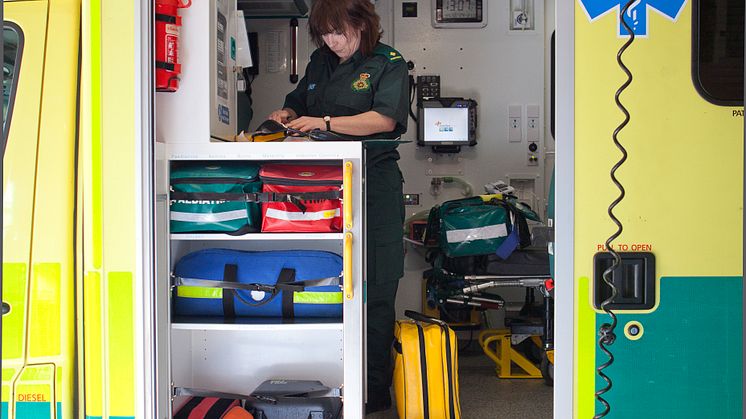News -
One in threee hospitals "are failing their stroke patients" - the Stroke Association comments
The Sentinel Stroke National Audit Programme, which has publishes its latest results for April-July 2016 has found that 62 hospitals – 27 per cent of the 228 in the audit – were given a D rating. This indicates that between 31 and 40 per cent of stroke patients in the hospital’s care were not treated to the expected standards.
Commenting on the latest figures, Juliet Bouverie, Chief Executive of the Stroke Association, said: “We very much welcome this positive news that more hospitals than ever are achieving the highest possible rating for their stroke care and salute the teams and clinicians responsible for making this much needed improvement.
“However, the fact remains that it’s still only 18% of hospitals – less than one in five. It’s also very worrying that there are still 74 hospitals receiving the lowest two ratings of ‘d’ and ‘e’ (32% of hospitals). As the SSNAP data shows, these are often persistently poor performing hospitals, often with small stroke units.
“We also know that significant regional variation still exists, as highlighted in our Stroke Treatment Map launched on World Stroke Day. Furthermore, we still see only 30% of patients (less than a third) receiving vital six month reviews, despite the fact that it is mandatory in the current stroke strategy and in all clinical guidelines. This means the government does not know how stroke patients are doing six months after their stroke and knows even less about the unmet needs of the 1.2 million stroke survivors living in the UK. It’s no wonder that almost half of stroke survivors tell us they feel abandoned.
“Without a stroke strategy in place, we are in danger of seeing even the marginal progress highlighted by the RCP disappearing, and even more hospitals in the lower end of the performance spectrum. We need to keep putting pressure on the government and NHS to replace the National Stroke Strategy for England and ensure the care and support that patients need are met, both in hospital and when they return home.”












